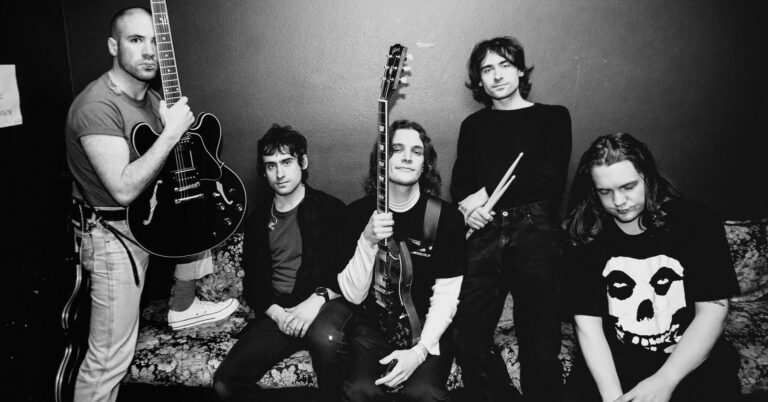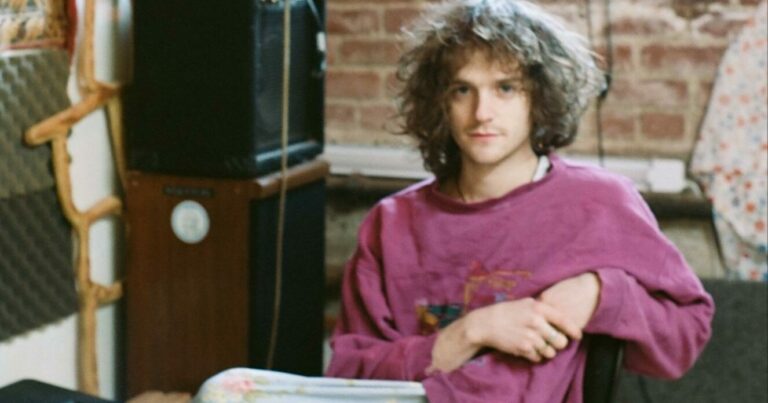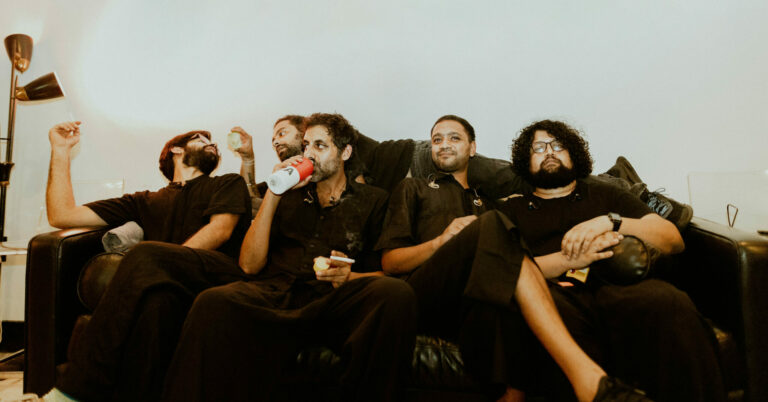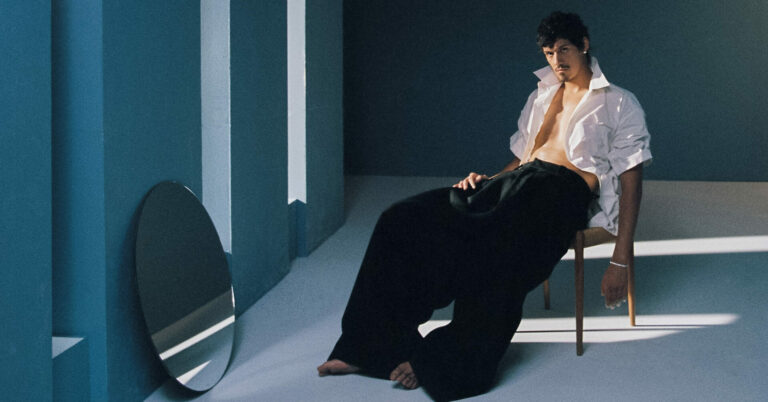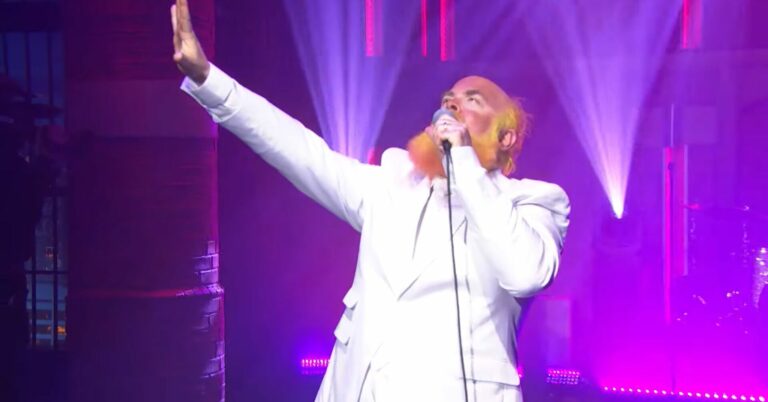Pearl earrings have always been seen as a timeless fashion accessory embodying elegance and charm with their radiant allure. At times, there’s been a trend of incorporating pearl earrings into everyday attire regardless of the setting. This shift is attributed to factors that make pearl earrings an option for daily wear. From their adaptability to their ability to elevate any outfit, let’s delve into how pearl earrings complement your everyday style.
Classic Sophistication
Throughout history, pearls have symbolised sophistication and refinement. Their subtle shine adds a touch of elegance to any look, making them suitable for both occasions and casual outings. The natural ivory shade of pearls complements all skin tones, enhancing your beauty in an understated manner. Whether you opt for stud earrings or dangling designs featuring pearls, their timeless charm never fails to leave a lasting impression. But you need to ensure you are choosing a reputed brand as well such as Zafino since a quality brand is necessary to get quality earrings.
Unmatched Versatility
A key benefit of selecting pearl earrings for wear lies in their versatility. From earrings that offer a touch of elegance for both work and school environments to bold chandelier-style earrings perfect for special occasions, pearls are versatile for all types of events. Additionally, pearls are available in colours beyond the white shade, such as black, pink and lavender, providing a wide range of choices to complement personal preferences and different outfits. Regardless of your destination or attire choice, there is always a pearl earring style that complements your look seamlessly.
Elevating Your Ensemble
When it comes to elevating your style, accessories hold the power to elevate an ensemble into something extraordinary, effortlessly creating a refined and cohesive appearance. Pearl earrings achieve this by infusing an essence of elegance without overshadowing your fashion statement. For example, if your day involves meetings or appointments where professionalism is key, opting for classic pearl studs will enhance your outfit with sophistication while maintaining a polished look. Conversely, if you’re opting for a vibe during an outing, with friends or while running errands, selecting pearl drop earrings or hoops can introduce just the right touch of glamour and uniqueness to your ensemble.
Pearl Earrings For Every Style
The popularity of pearl earrings for wear stems from their versatility in complementing personal tastes. Some prefer understated designs, while others opt for striking and elaborate pieces. Classic pearl studs are known for their timeless elegance, appealing to those who value simplicity, making them a favourite among minimalists.
On the other hand, individuals seeking eye-catching jewellery may gravitate towards baroque pearls or pearls paired with colourful gemstones, offering a wide range of choices. These unconventional designs add a touch of excitement while preserving the allure associated with pearls.
Easy Matching Choices
One of the advantages of pearl earrings is their effortless pairing with outfits. Whether you’re dressed in attire, sporting a denim jacket, or getting ready for an evening occasion. There’s always a perfect pair of pearl earrings to compliment your look. In settings, combining pearl stud earrings with necklaces or bracelets creates a polished appearance that exudes professionalism.
Alternatively, if you opt for statement pieces like chandelier drop earrings featuring pearls as the point, it’s best to keep accessories understated to let their beauty shine. Pearls aren’t just for pieces of clothing. They also go well with a variety of colours, from shades to neutral tones. You can also style pearls in different ways which showcases their versatility in matching. Elevating any fashion style.
Long-Lasting Investment
Investing in jewellery that can withstand wear is important, and natural pearls are known for their durability. High-quality pearls undergo grading processes to ensure value. With care and storage, pearls can maintain their lustre for years, making earrings not only a stylish addition but also a long-term investment.
Conclusion
Whether you want to add sophistication to your work attire or elevate your look, pearl earrings are a choice for any occasion. Their timeless elegance, designs, style-enhancing capabilities, easy coordination options and durability make them a sought-after accessory. Embrace the beauty of pearls. Effortlessly elevate your style with this addition to your wardrobe.



